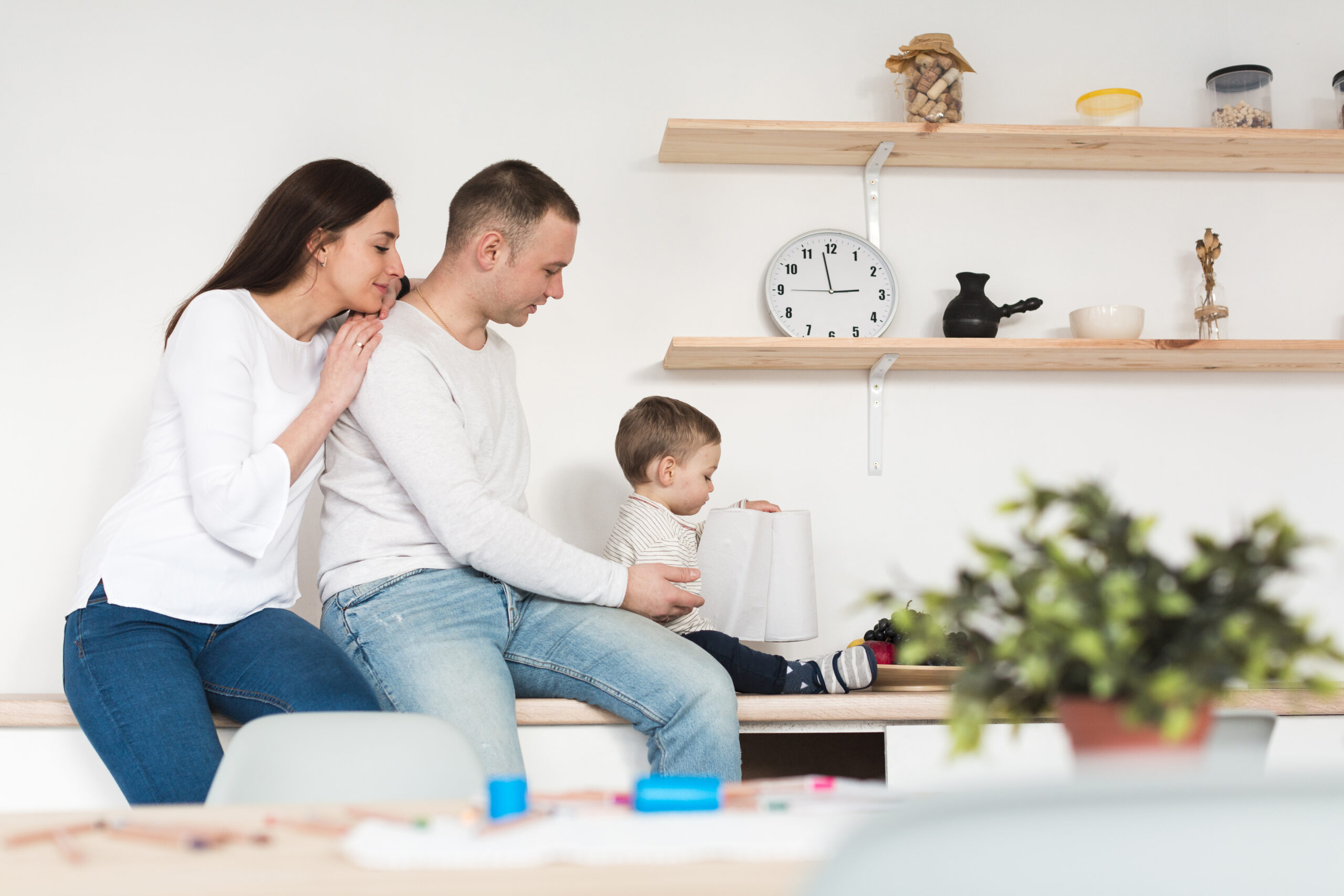Parenthood has a remarkable way of revealing past wounds we may not even realize we carry. It’s common for unresolved childhood trauma to resurface when we become parents ourselves, as interactions with our children can often trigger memories of pain and hardship. Understanding and processing these triggers is essential, not just for our personal healing, but for the well-being of our children.
Parenting through pain is about recognizing the emotional scars we bring into our parenting journey and taking active steps to break the cycle. It’s about being mindful of our reactions, understanding why we feel triggered, and ensuring that our unresolved emotions don’t negatively affect our children’s development.
Recognizing Triggers
The first step in parenting through pain is learning to recognize your triggers. These are moments when your child’s behavior evokes strong emotional reactions that feel disproportionate to the situation at hand. For example, your child might have a meltdown over a minor issue, and you suddenly feel overwhelmed by anger or sadness. These emotions may stem from unresolved issues from your own childhood—perhaps feelings of being unheard, unsupported, or even abandoned.
Acknowledging these triggers doesn’t mean blaming yourself for having them. In fact, becoming aware of them is a powerful first step toward healing. Conscious parenting teaches us to be fully present and to understand the motivations behind our behaviors, helping us to react in a way that fosters growth for both ourselves and our children.
Why Triggers Happen
Triggers often occur because our children’s experiences mirror situations from our own childhoods. When your child experiences a struggle or an emotion that resonates with your past, it can unconsciously bring up unresolved grief or trauma. For instance, if you grew up feeling neglected, your child’s need for constant attention might trigger feelings of frustration and inadequacy in yourself.
In these moments, it’s crucial to pause and reflect on what’s truly happening. Are you reacting to your child’s behavior, or is your response influenced by unresolved pain from your own past? This self-awareness can help prevent emotional reactions from becoming harmful to your relationship with your child.
Grieving With Your Kids
One of the most powerful aspects of healing while parenting is learning how to grieve with your children. Parent-child bonding often deepens when you allow yourself to be vulnerable and share your emotions in an age-appropriate way. This doesn’t mean overwhelming your child with your trauma but rather modeling healthy emotional expression.
For example, if you’ve had a difficult day and feel sadness or frustration bubbling up, it’s okay to say something like, “Mommy is feeling sad right now, but it’s okay. Everyone feels sad sometimes, and we can talk about it.” This not only shows your child that it’s normal to have big emotions but also that it’s healthy to talk about them. This kind of openness fosters emotional intelligence and helps your child learn to navigate their own feelings in a supportive environment.
Tips for Healing While Parenting
- Seek Support: Healing from childhood trauma is not something you have to do alone. Whether it’s through therapy, support groups, or child development specialists, seeking outside help can make a significant difference. Talking to a professional can provide insights and coping mechanisms to help you better understand your triggers and reactions.
- Practice Mindfulness: Being fully present with your child, without letting past emotions cloud the moment, is a powerful tool in mindful parenting. Mindfulness practices, such as deep breathing or journaling, can help you stay grounded when you feel a trigger coming on.
- Create Boundaries: Setting emotional boundaries with yourself can help you separate your past experiences from your child’s reality. Remember, your child’s behavior is not a reflection of your worth or abilities as a parent—it’s a natural part of their development. By creating these mental and emotional boundaries, you can parent more effectively and with greater compassion.
- Embrace Self-Compassion: Parenting through pain requires a great deal of self-compassion. You may not always respond perfectly, and that’s okay. Healing is a journey, and every step forward is progress.
Final Thoughts
Parenting through pain is challenging, but it also offers an incredible opportunity for growth. By understanding your triggers, grieving in healthy ways with your children, and practicing self-compassion, you’re not only healing yourself—you’re also modeling resilience and emotional intelligence for your children.If you’re looking for more tools and insights on this journey, don’t forget to follow us on Instagram and YouTube, where we share expert advice, practical tips, and resources to help you become the best parent you can be. Healing is a journey, but you don’t have to walk it alone. Together, we can foster healthier, more mindful parenting relationships that nurture both ourselves and our children.






